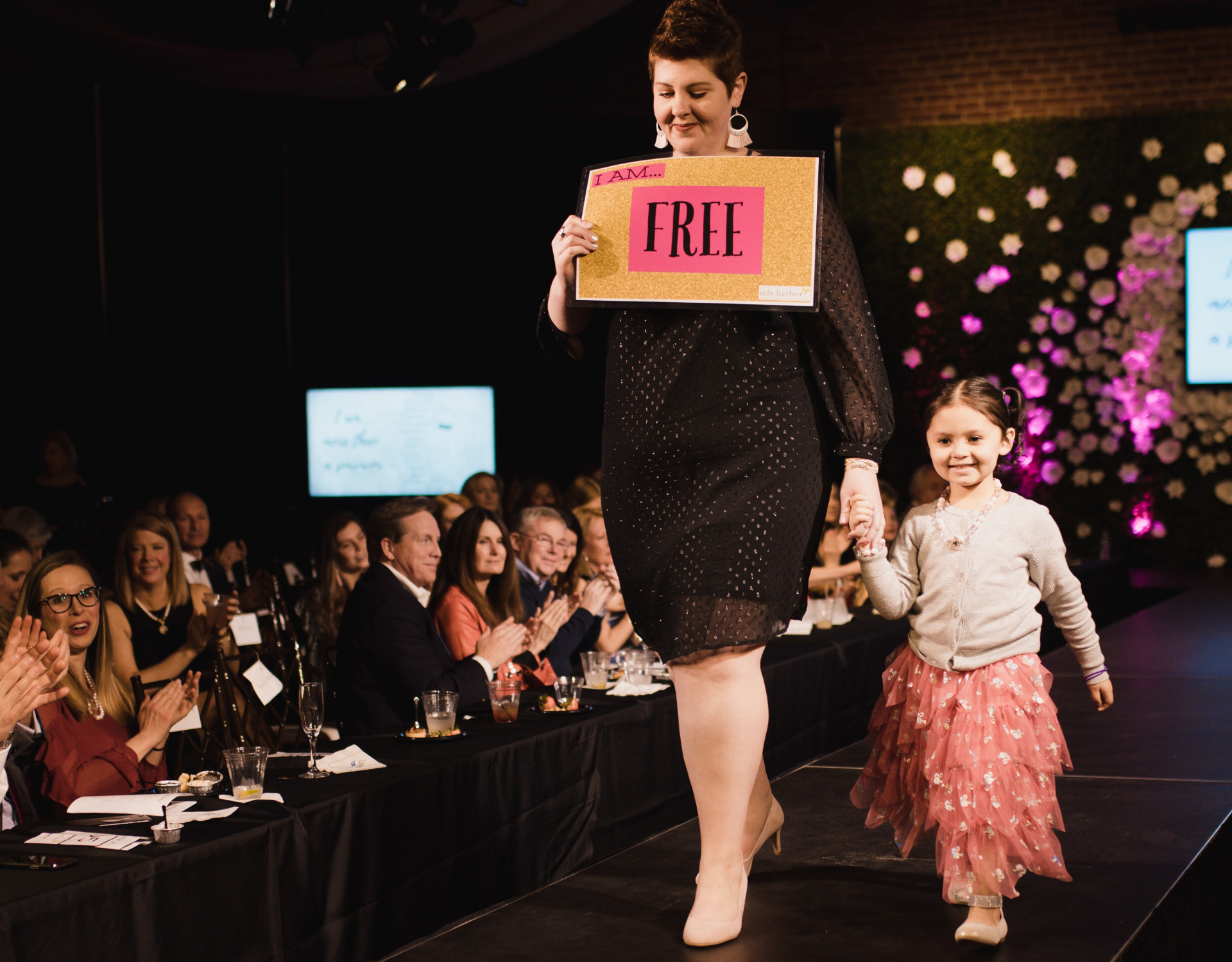by Wendy Huston, Safe Harbor volunteer
While the bruises and scars of physical abuse are easy to see, the invisible wounds from psychological abuse are hard to identify and often go undetected, even by the victims themselves. But they are nonetheless real and painful.
Perpetrators who inflict psychological abuse use the vulnerability of trust and love established in an intimate partner relationship to create an atmosphere where abuse can thrive through tactics like coercion and intimidation, mind games and financial control. It starts gradually and builds over time, perhaps first with a barrage of daily phone calls to say “I love you” and later to ask “where are you?”, playful teasing that becomes constant belittling and humiliation, or an unpredictable temper that escalates to the point of yelling and smashing things during a trivial conversation.
Victims are made to feel powerless and ashamed, constantly watching what they say or do in order to avoid conflict, wondering if they are imagining or exaggerating the subtle bouts of abuse, trying unsuccessfully to appease their partner, feeling emotionally numb and helpless.
Research has shown that physical or sexual violence, or both, in intimate relationships are often accompanied by emotional abuse. Some might argue that physical battering – repeated violence in the home – is impossible without the foundation of psychological abuse. In a Japanese study, for example, more than 90% of abused women had experienced a combination of physical, psychological and sexual abuse, while the remaining 10% suffered physical abuse alone.1 Other studies have shown that victims generally do not seek help from psychologically abusive relationships, opening the door for threats and verbal abuse to escalate to violence.
Identifying the forms of psychological abuse empowers victims and those around them to prevent emotional, mental and verbal abuse. Psychological abuse can include a combination of some or all of the following tactics:
- Intimidation: Using scare tactics like yelling and smashing things; making the victim afraid by using looks, actions, gestures; threatening harm (directly or indirectly), displaying weapons, abusing pets
- Coercion and threats: Making and/or carrying out threats; threatening to leave the victim, to commit suicide or to kill the victim if he/she tries to leave; making the victim drop charges or to do illegal things; threatening to take custody of the children if the victim tries to leave; etc.
- Verbal abuse: Constant belittling and humiliating: putting the victim down, name-calling, playing mind games, making the victim feel guilty or crazy, etc.
- Minimizing, Denying and Blaming: Making light of the abuse, saying the abuse didn’t happen, blaming the victim (telling the victim: “You made me do it”)
- Using Children: Making the victim feel guilty about the children, using the children to relay messages, using visitation to harass the victim, threatening to take the children away
- Employing Male Privilege: Treating the victim as a subordinate, making family/financial decisions without the victim’s input, acting like the “master of the castle”
- Economic Abuse: Preventing the victim from getting or keeping a job, giving the victim an allowance, taking the victim’s money, not letting the victim know about or have access to family income
- Isolation: Various controlling behaviors, such as isolating the victim from their family and friends, not allowing the victim to be involved in social activities or groups, giving the victim the “silent treatment”, etc.
- Controlling Behavior: monitoring the victim’s whereabouts, clothing, and/or activities; getting angry if the victim speaks with other men/women, using jealousy to justify actions, accusing the victim of being unfaithful, coercing or forcing the victim to have sex; restricting the victim’s access to information, assistance or health care
Safe Harbor provides counseling, legal advocacy, safe shelter, and support services for victims of domestic violence. If you or someone you know is currently experiencing or has experienced abuse in an intimate partner relationship, please contact our 24/7 crisis line (1.800.291.2139) to learn more or to seek help.
1. Yoshihama M, Sorenson SB. Physical, sexual and emotional abuse by male intimates: experiences of women in Japan. Violence and Victims, 1994, 9:63-77.




